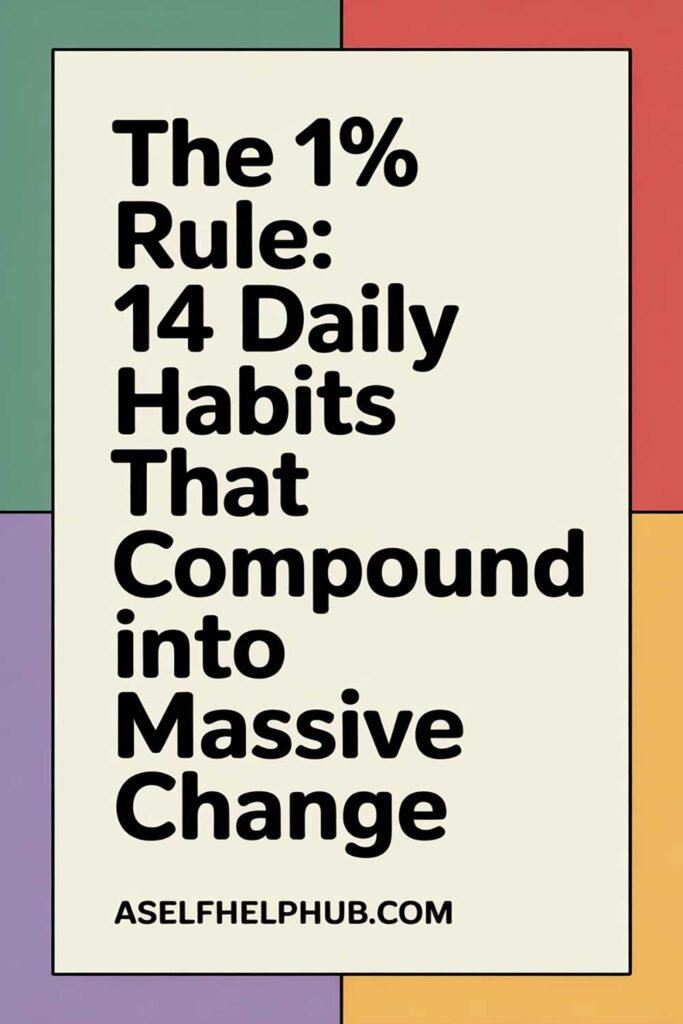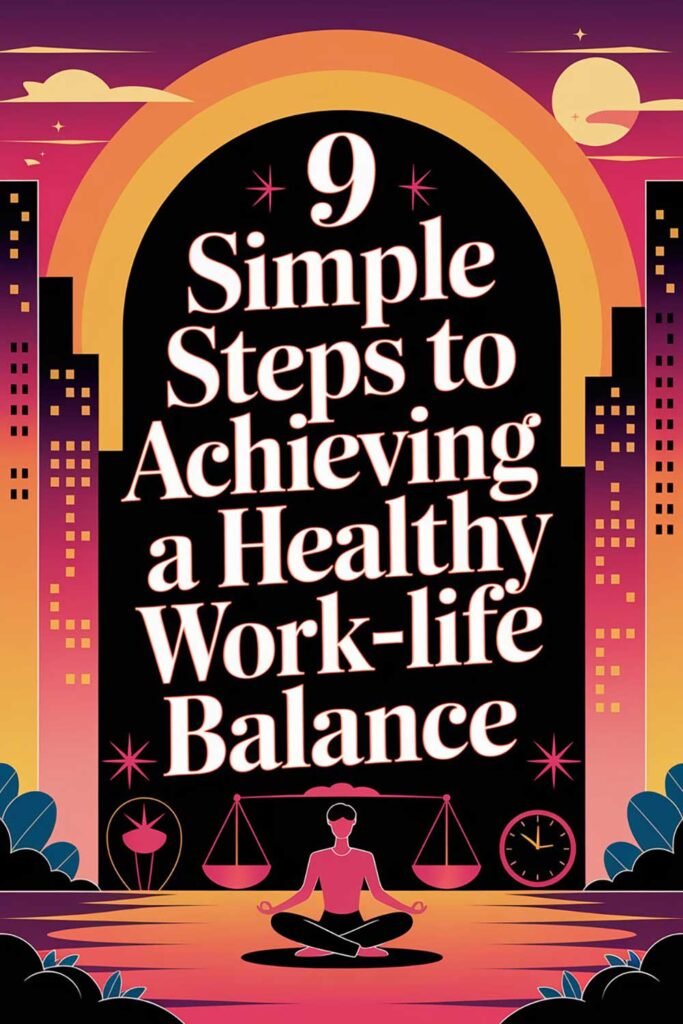7 Surprising Factors That Affect Your Mental Health
Mental health is influenced by more than just genetics and life experiences. While stress, relationships, and emotional well-being play a major role, there are many lesser-known factors that can significantly impact your mental state. From diet to sleep patterns, small changes in your daily habits can have a profound effect on your mood, cognition, and overall mental well-being. Here are seven surprising factors that affect your mental health and what you can do to improve them.

1. Gut Health and the Microbiome
Your gut is often referred to as your “second brain” for a reason. The gut microbiome—an ecosystem of bacteria living in your digestive tract—plays a vital role in brain function and emotional health. An imbalance in gut bacteria has been linked to anxiety, depression, and even cognitive decline.
Scientific Evidence:
A study in The Journal of Psychiatric Research found that probiotics and a diet rich in fiber can improve mood and reduce symptoms of anxiety and depression by positively influencing gut bacteria.
2. Sleep Quality and Circadian Rhythms
We all know that lack of sleep makes us irritable, but chronic sleep deprivation can have severe consequences on mental health. Poor sleep disrupts brain function, impairs emotional regulation, and increases the risk of depression and anxiety disorders.
Scientific Evidence:
Research in Sleep Medicine Reviews suggests that individuals with irregular sleep patterns are more likely to experience mood disorders and cognitive impairment.
3. Nutritional Deficiencies
What you eat directly impacts how you feel. Deficiencies in key nutrients like omega-3 fatty acids, B vitamins, magnesium, and vitamin D have been linked to depression, anxiety, and brain fog. A diet rich in whole foods can improve mood and cognitive function.
Scientific Evidence:
A study in The American Journal of Psychiatry found that individuals who consume a Mediterranean diet have a lower risk of developing depression compared to those with a diet high in processed foods.
4. Social Media and Screen Time
While technology connects us, excessive screen time and social media use can negatively impact mental health. The constant comparison, cyberbullying, and dopamine-driven reward cycles of social media can lead to increased anxiety, depression, and poor self-esteem.
Scientific Evidence:
A study in JAMA Pediatrics found that adolescents who spend more than three hours daily on social media are significantly more likely to experience symptoms of depression and loneliness.
5. Physical Activity and Movement
Exercise isn’t just about physical health—it’s a powerful tool for mental well-being. Regular movement helps regulate stress hormones, increase endorphins, and improve cognitive function. Even low-intensity activities like walking or yoga can have a significant impact on mental health.
Scientific Evidence:
Research in The Journal of Affective Disorders found that people who engage in regular physical activity have lower rates of depression and anxiety compared to sedentary individuals.
6. Environmental Toxins and Pollution
Toxins in the environment, including air pollution, heavy metals, and chemicals in household products, can negatively affect brain health. Studies show that long-term exposure to these toxins may contribute to cognitive decline and mental health disorders.
Scientific Evidence:
A study in The Lancet Psychiatry found that exposure to high levels of air pollution increases the risk of developing psychiatric disorders, including schizophrenia and depression.
7. Chronic Stress and Unresolved Trauma
Stress is an inevitable part of life, but chronic stress and unresolved emotional trauma can have long-term effects on mental health. Prolonged stress increases cortisol levels, leading to anxiety, depression, and even memory impairment.
Scientific Evidence:
A study in Psychoneuroendocrinology found that individuals with chronic stress show increased activity in brain regions associated with fear and anxiety, leading to long-term mental health consequences.
Inspirational Quotes on Mental Health and Wellness
- “Your mental health is just as important as your physical health.” – Unknown
- “There is hope, even when your brain tells you there isn’t.” – John Green
- “Happiness can be found even in the darkest of times if one only remembers to turn on the light.” – J.K. Rowling
- “Healing takes time, and asking for help is a courageous step.” – Mariska Hargitay
- “You are not your illness. You have an individual story to tell.” – Julian Seifter
- “Taking care of your mental health is an investment, not an expense.” – Unknown
- “The strongest people are those who win battles we know nothing about.” – Unknown
- “Your feelings are valid. You are not alone.” – Unknown
- “Mental health is not a destination but a process.” – Unknown
- “Small steps every day lead to big changes in mental wellness.” – Unknown
Picture This
Imagine waking up each day feeling mentally clear, emotionally balanced, and truly at peace. Your mind is free from the constant chatter of anxiety and stress. You fuel your body with nutritious foods, get restful sleep, and engage in activities that uplift your spirit. You feel deeply connected to your surroundings, free from toxic influences, and empowered to face each day with confidence. Mental health isn’t just about avoiding negativity—it’s about actively cultivating habits that bring you joy, resilience, and a sense of inner peace. Are you ready to take control of your mental well-being?
Please Share This Article
If you found this article helpful, please share it with anyone who might benefit from learning about these surprising factors affecting mental health.
Disclaimer
Results may vary. Always consult a doctor before making any health-related changes. This article is for informational purposes only and does not constitute medical advice.






